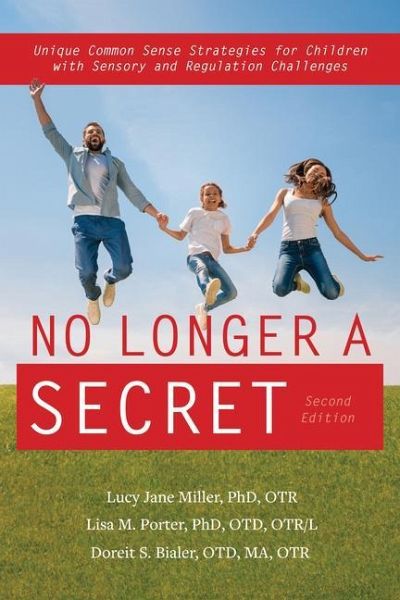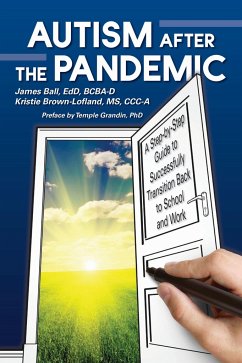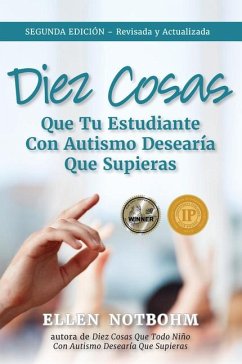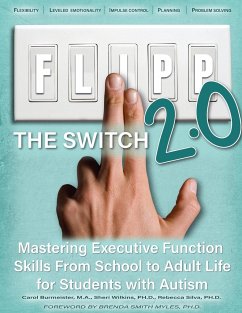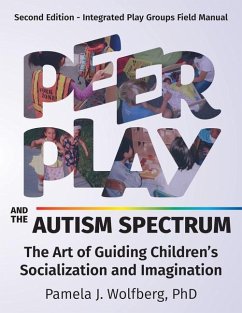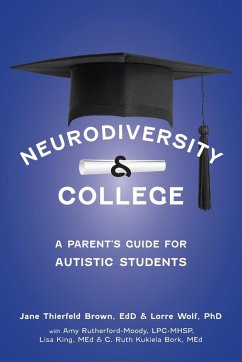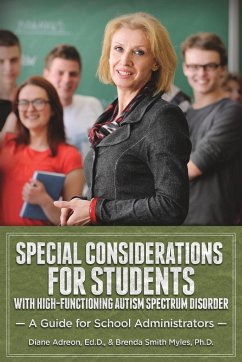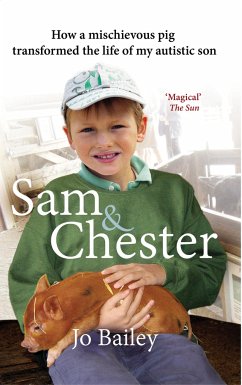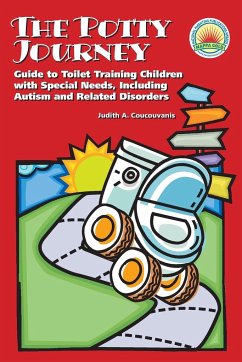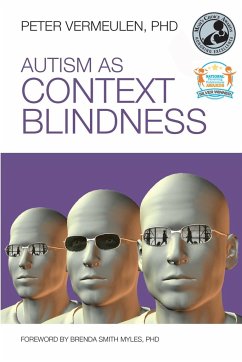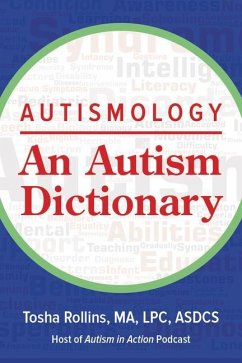Dr. Lucy Miller has been investigating, analyzing, and explaining Sensory Processing Disdorder (SPD) to other scientists, professionals, and parents since she studied under sensory integration pioneer A. Jean Ayres, Ph.D., more than thirty years ago. Since then, studies by Dr. Miller and her colleagues have helped bring SPD widespread recognition, and her work with families has improved countless lives. Thanks specifically to Dr. Miller's mobilization of the research community, SPD now appears in two diagnostic manuals: the ICDL's Diagnostic Manual for Infancy and Early Childhood and The Diagnostic Classification: Zero to Three. Her application has led to consideration of SPD for inclusion in the 2013 revision of the Diagnostic and Statistical Manual (DSM-V). Dr. Miller has also developed seven nationally standardized tests for use worldwide to assess and diagnose SPD and other developmental disorders and delays. Dr. Miller has been featured on NBC's Today Show and ABC's 20/20, in The New York Times and numerous other popular and professional publications. She is the author of more than sixty articles and/or chapters in scientific and professional journals, magazines, and textbooks and is a frequent presenter or speaker at conferences and workshops worldwide. She has received more than thirty funded awards and grants to further research on SPD and other childhood disabilities. In 2004, Dr. Miller received the Award of Merit from the American Occupational Therapy Association, the profession's highest honor. In 2005, she was awarded the Martin Luther King Jr. Humanitarian award by the state of Colorado. She lives in Florida. Dr. Doreit Bialer is an experienced seminar leader, educational adjunct instructor and has lectured and provided numerous clinical workshops on Sensory Processing Disorder, Handwriting, Motor Learning, Pediatrics and on School Based Therapy. She has been an independent provider and consultant to school districts, and to preschools and is an active member of the American Occupational Therapy Association. Dr. Bialer provides Professional Development Workshops to a number of teachers sharing her knowledge. Dr. Bialer is Certified Handwriting Instructor and consults with multiple teachers to assist in teaching the elements of handwriting. Dr. Bialer is a graduate of New York University in which she received her B.S and Advanced Masters Degree in Occupational Therapy. She has completed her post professional doctorate in occupational therapy from Rocky Mountain University in the area of Pediatric Science. Dr. Bialer holds certifications in Neurodevelopmental Therapy in both Pediatrics and Adults and in the Administrations and Interpretation of the Sensory Integration and Praxis Tests. Dr. Bialer is a certified Pilates Mat Instructor and holds a Personal Training Certification from Hofstra University Academy of Applied Personal Training Education (AAPTE). She has written a book, co-authored by Dr. Lucy J. Miller and the Star Center called No Longer A SECRET: Unique Common-sense Strategies for Children with Sensory and Motor Challenges. Dr. Bialer is an Advanced Mentored Clinician in Sensory Processing Disorder and studied under the guidance of Dr. Lucy J Miller and Dr. Sarah Shoen and continues to work closely as a consultant and independent provider to multiple preschools, school districts and private schools. Dr. Bialer is a private practitioner working in a state of the art sensory gym and dedicates her professional life in working with children and families. She practices as an evidence-based practitioner, whose goal is help children and families successfully function and participate in the home, school and within the community. She lives in New York. Lisa Porter received her master's degree in Occupational Therapy from Rockhurst University in 1994, a doctorate in Occupational Therapy from Rocky Mountain University of Health Professions in 2017, and a PhD in Pediatric Science in 2020. She has a wide range of clinical experience, beginning with adult neurorehabilitation, and a focus in pediatrics since 2000. She is a faculty member of STAR Institute in Colorado, where she travels frequently to mentor experienced therapists. She specializes in sensory and relationship-based therapy, and holds certifications in Sensory Integration, DIR/Floortime, and Yoga Calm. Lisa has advanced training in the SOS Feeding Approach and Integrated Listening Systems, as well as training in Interpersonal Neurobiology. She is passionate about learning, mentoring, listening to families' stories, and playing! Lisa is excited about integrating her own research into clinical practice, and creating a knowledgeable and passionate team focused on supporting families' individual needs. She lives in Portland, Oregon. Temple Grandin earned her Ph.D. in animal science from the University of Illinois and is currently a Professor at Colorado State University. Dr. Grandin is one of the most respected individuals with high-functioning autism in the world. She presents at conferences nationwide, helping thousands of parents and professionals understand how to help individuals with autism, Asperger's syndrome, and PDD. She is the author of Emergence: Labeled Autistic, Thinking in Pictures, Animals in Translation (which spent many weeks on The New York Times Best-Seller List), The Autistic Brain, and The Loving Push, co-written with Debra Moore, Ph.D. One of the most celebrated -- and effective -- animal advocates on the planet, Dr. Grandin revolutionized animal movement systems and spearheaded reform of the quality of life for the world's agricultural animals.
